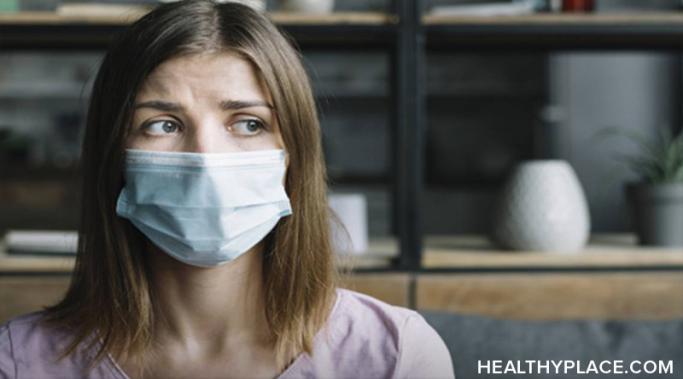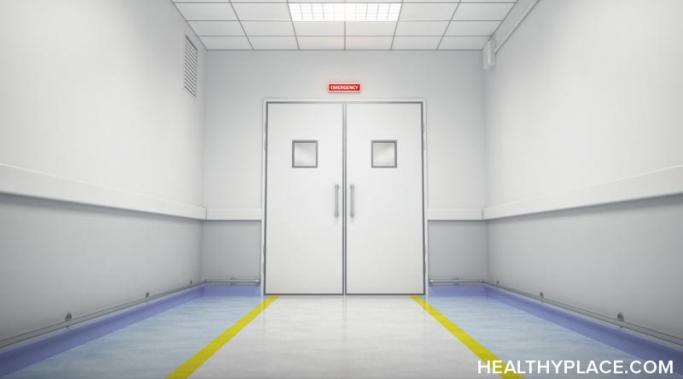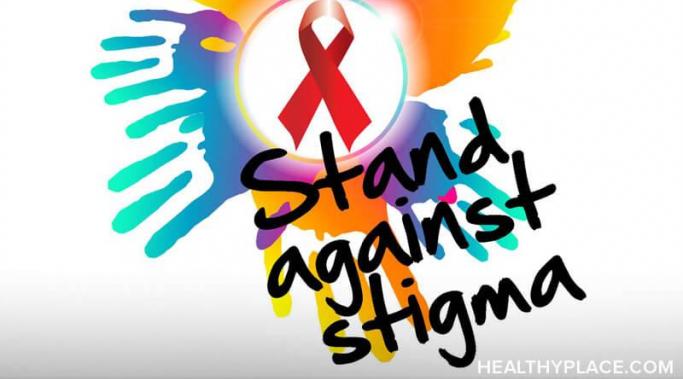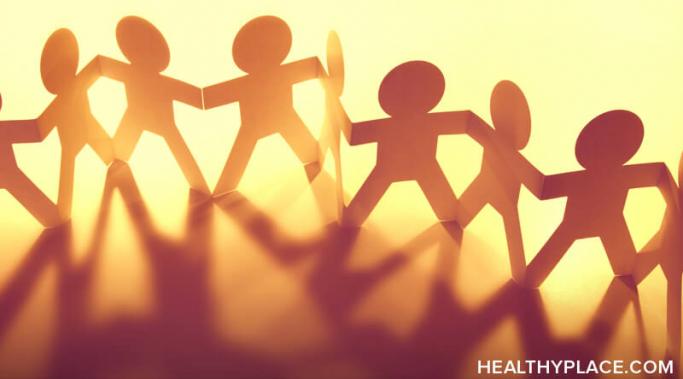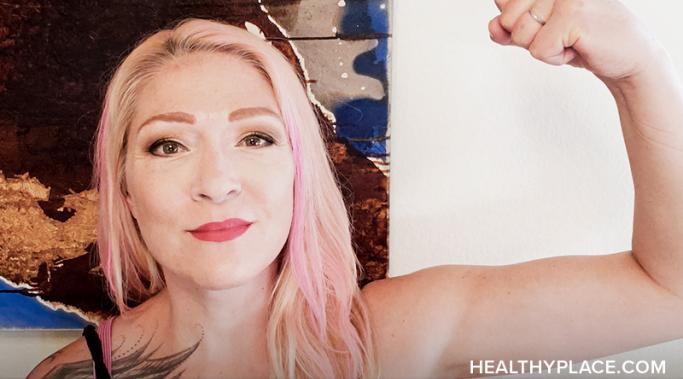Recovering from mental illness is a lot of work all on its own, but lately, those of us in recovery have been handling another major mental health issue: pandemic fatigue. I'm calling pandemic fatigue the sense of weariness and hopelessness that comes from social distancing and missing out on big events as the world battles COVID-19. Lately, pandemic fatigue has been making it much harder for me to focus on my mental health recovery because I've had to go without my usual coping mechanisms for months now.
Recovering from Mental Illness
For the last year or so, I have been doing a lot of work to process my childhood trauma. I've been in therapy, I've been taking psychiatric medication, I've been doing outside reading, and my therapist and I even found a way to work one of my favorite TV shows into my trauma work. In general, I think it's going really well, except for one problem: parenting. I don't know how to avoid causing my son the same trauma that happened to me.
Recently, I realized the importance of both fighting and surrendering to mental illness. I was hospitalized for a horrific bipolar mixed episode I suffered through for several months. I hadn't been this sick with mental illness since my four-year-long battle with postpartum depression and have never experienced anything like it. Now that I'm out of the hospital and slowly stabilizing, I'm becoming startlingly aware of a paradox in getting through mental illness -- healing isn't possible without both fighting and surrendering.
Even though I've been working toward mental health recovery for years now, feeling better makes me nervous. I spent the past few months struggling harder than I have in quite a while, so I reached out to my psychiatrist, and he prescribed me a new medication. He said it should help prevent some of my suicidal ideation and give me more energy so I would be less overwhelmed by my life. There are so many things that can go wrong with new medications, but that didn't happen for me. It worked exactly like the doctor said it would. I feel much better, and that makes me nervous.
For many people with mental illness, mental health medication and recovery go hand in hand. Unfortunately, psychiatric medication comes with a lot of stigma and stress. There are a lot of people who don't understand how psychiatric medication really works or why it's so important for many people in recovery, and their stigmatized view of medication can stick in our brains long after we've heard them say something.
Therapy has been my number one tool in my recovery, but every now and again, my therapist is wrong about something, and it freaks me out. I've had several therapists over the years, and in the past, when a therapist misunderstood something I said or made an assumption that was incorrect, I had no idea how to respond. I felt ignored, wrong, and bad, and I had no idea how to say any of this to them. But it doesn't have to be that way. It is possible to speak up when you're being misunderstood.
November 28, 2014, I made the hardest decision of my life. I left my husband and son so I could get well. I'd been sick for almost four years with what started as prenatal depression and ended as the deepest, darkest postpartum depression I could imagine. I experienced constant daily suicidal ideation for years. When I lost my ability to eat and sleep, I reached the end of my resiliency. (Note: This post contains a trigger warning.)
In general, suicidal thoughts are not normal, but they have been for me lately. I have been actively working toward my recovery for over six years now, and yet for the last two months, I've experienced some kind of suicidal thought nearly every day. I don't want to die, I just want to hit "rock bottom" so I can finally actually get better. (Note: This post contains a trigger warning.)
I’m Court Rundell and I’m thrilled to co-author the Recovering from Mental Illness blog at HealthyPlace. From a very early age, I was painfully aware that my internal life was atypical, and I needed to keep it a secret. I had panic attacks and disassociated from my body regularly by seven; I attempted suicide at 11 and started abusing drugs and alcohol by 12.
Limitations in mental health recovery are real; but lately, I've been doing everything in my power to ignore my increasingly obvious limitations. I just don't want to be mentally ill anymore. I want it to go away so I can read and write and be a good wife and mother without a herculean effort. Even though I've been in recovery for years now, part of me still believes that if I just ignore my limitations and shame myself for having them in the first place, I'll be able to just breeze past them. Every time, this leads to a complete meltdown that forces me to honor my limitations, so you'd think I would know better by now, but here I am again, in meltdown mode.
